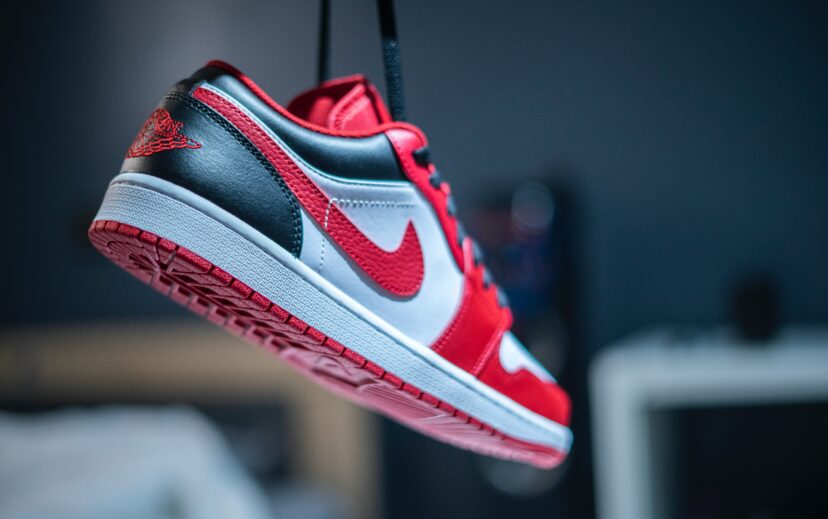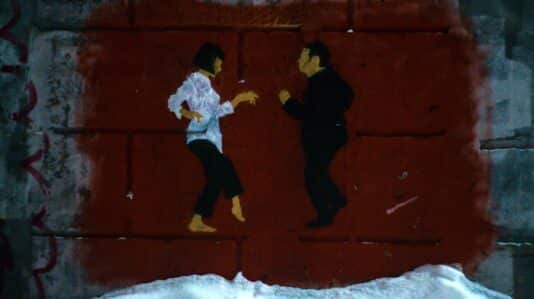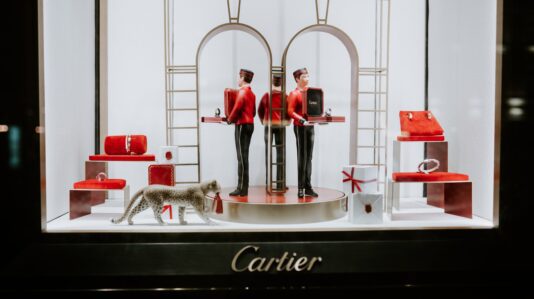On January 25, 2023, Nike Inc. sued Japanese fashion brand, A Bathing Ape (also known as BAPE), in New York federal court for allegedly copying some of its most famous shoes. In asserting trademark infringement and dilution claims, Nike alleges that BAPE’s current footwear business “revolves around copying Nike’s iconic designs,” and that some of its footwear are “near verbatim copies of Nike’s Air Force 1, Air Jordan 1, and Dunk sneaker designs.” Nike’s lawsuit is another example of a big-name brand attempting to police its most valuable intellectual property rights.
Who is A Bathing Ape?
A Bathing Ape, or BAPE, is a Japanese clothing brand popular with sneakerheads and streetwear enthusiasts alike. Founded in 1993 by Nigo (Tomoaki Nagao), BAPE started as a small store in the streets of Harajuku before rising in popularity to the point where it was bought out by a Hong Kong fashion conglomerate in 2011. Today, BAPE is known for its many collaborations with artists such as Pharrell Williams and companies such as Marvel, Nintendo and Sanrio.
Why is Nike Suing BAPE?
BAPE’s rising popularity has coincided with an increasing number of allegations that it has copied Nike’s iconic sneaker designs in their own “Bape Sta” footwear line. Consumers first noticed similarities between Bape Sta’s and Nike’s Air Force 1 design in 2005, and discussed why Nike had not filed a lawsuit against BAPE. As Nike has been proactive in suing over alleged trademark infringement in the past, many observers found it odd that they did not pursue BAPE with the same level of response.
In Nike’s recent lawsuit against BAPE, the complaint reveals that Nike met with BAPE in 2009 to address BAPE’s alleged pirating of Nike’s Air Force 1 sneakers. And, after that meeting, BAPE significantly toned down its activities in the United States. However, after BAPE recently released several sneakers which seemingly copied its designs, Nike has finally taken legal action in an effort to protect its intellectual property.
What is Trademark Infringement?
Trademark infringement occurs when one party uses another party’s trademarks without permission, either by copying the original or using a similar mark that confuses consumers. In order to succeed in a trademark infringement action, the owner of the original must show that their valid and legally protectable mark has been used in an unauthorized manner, and that such use is likely to cause consumer confusion and result in financial harm.
Trademark infringement claims are analyzed using the multi-factor test established in Polaroid Corp v. Polarad Electronics Corp (2d. Cir. 1961) to determine the likelihood of consumer confusion. These factors include: (1) the strength of the original owner’s mark; (2) the similarities between the parties’ marks; (3) the similarities between the parties’ products and services; (4) the likelihood that the original owner will branch into the defendant’s activities; (5) the defendant’s intent in adopting the mark; (6) evidence that consumer confusion actually occurred; (7) how sophisticated the consumers are; and (8) the quality of the defendant’s products and services. Courts will look at the facts of the case and weigh the totality of these factors before making a determination.
What are Nike’s Allegations of Trademark Infringement?
Nike alleges that BAPE’s sneakers infringe upon their iconic Air Force 1 and Dunk trademarks. The complaint states that due to BAPE’s recent expansion of activities and collaborations, the infringing sneakers are likely to confuse consumers. Since BAPE’s products are likely to be seen by costumers who might otherwise buy Nike’s sneakers, Nike is essentially stating that this confusion is likely to result in financial damage to their company.
Under the Polaroid test, whether or not BAPE’s alleged lookalike sneakers are likely to confuse consumers is based on a consideration of the following factors: (1) how strong Nike’s trademark is; (2) how similar BAPE’s sneakers are to Nike’s; (3) what sort of products they both sell; (4) how likely it is that they will expand their business into the field of the other; (5) what BAPE’s intent was when they produced the infringing sneakers; (6) any evidence that shows consumer confusion; (7) how informed Nike and BAPE customers are; and (8) the quality of BAPE’s products.
Nike’s complaint additionally alleges that BAPE’s trademark infringement falls under unfair competition, which includes other practices such as false advertising, theft of trade secrets and false representation of products.
What are BAPE’s Defenses to Trademark Infringement?
Polaroid Factors
BAPE’s best arguments under the Polaroid test would be to focus on the factors that are either uncertain or in their favor. In this case, they might want to focus on showing the court that their intent was not to simply copy Nike’s design in an attempt to profit, that consumers of both Nike and BAPE products are smart enough to avoid becoming confused by BAPE’s sneaker designs, and that BAPE footwear is of good enough quality to suggest that they were not simply trying to make a quick buck off of Nike’s trademark. It is also possible – but challenging – for BAPE to argue that its sneakers possess key differences from Nike’s sneakers.
Affirmative Defense: Laches
As many observers have already noted, BAPE likely has an uphill battle in arguing the Polaroid factors due to the strength of Nike’s allegations. They may instead choose to lean heavily on affirmative defenses in order to avoid liability. When a defendant in a case argues an affirmative defense, they are essentially claiming that although they performed the act that they were accused of, they should be excused due to certain circumstances.
Here, BAPE might use laches as an affirmative defense. A laches defense generally asserts that the plaintiff has waited too long to come forward with their claim and that it would be inequitable towards the defendant if the court enforces it. In the context of trademarks, trademark holders are expected to proactively defend their marks. Owners who do not do so risk their trademark’s strength and distinctiveness, and those who wait too long risk losing them entirely.
It would not be a slam dunk, but BAPE could craft an argument that, even after their meeting in 2009, Nike has essentially dragged their feet for years in bringing this suit to court and that their trademark has weakened as a result of their delay.
Lessons to Take Away?
Although Nike is a well-established company with strong, iconic trademarks, this case is a reminder to trademark owners that policing illegal use of one’s trademarks is important, and that they should avoid dragging their feet in enforcing their trademarks. The case may seem to swing heavily in Nike’s favor to many observers, but there is no question that Nike would have one less variable to worry about if they had been quicker and more aggressive in their response to BAPE’s new footwear.
Since legal experience with intellectual property is key in forming a quick, proactive defense against trademark infringement, contacting a trademark attorney will save you time and money during the brand protection process.





